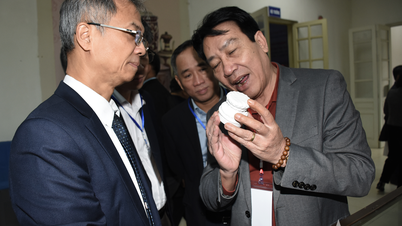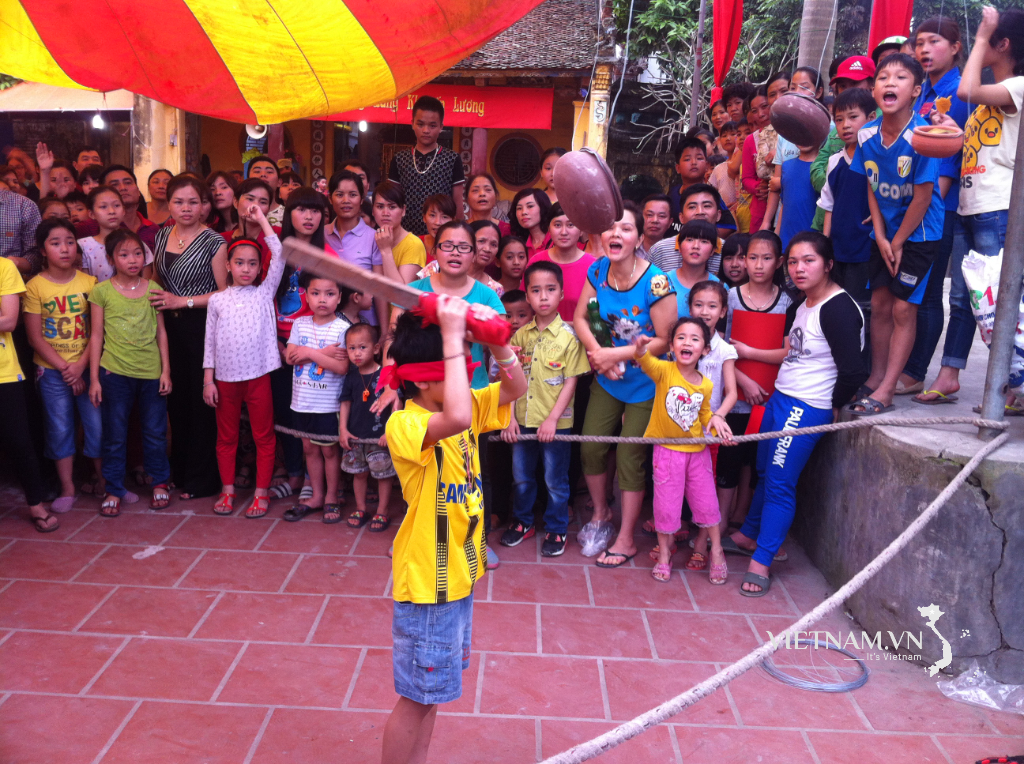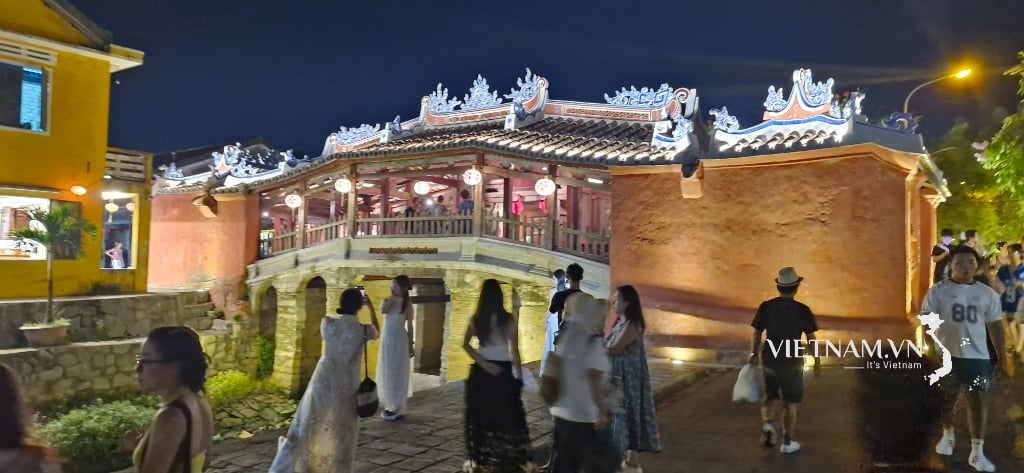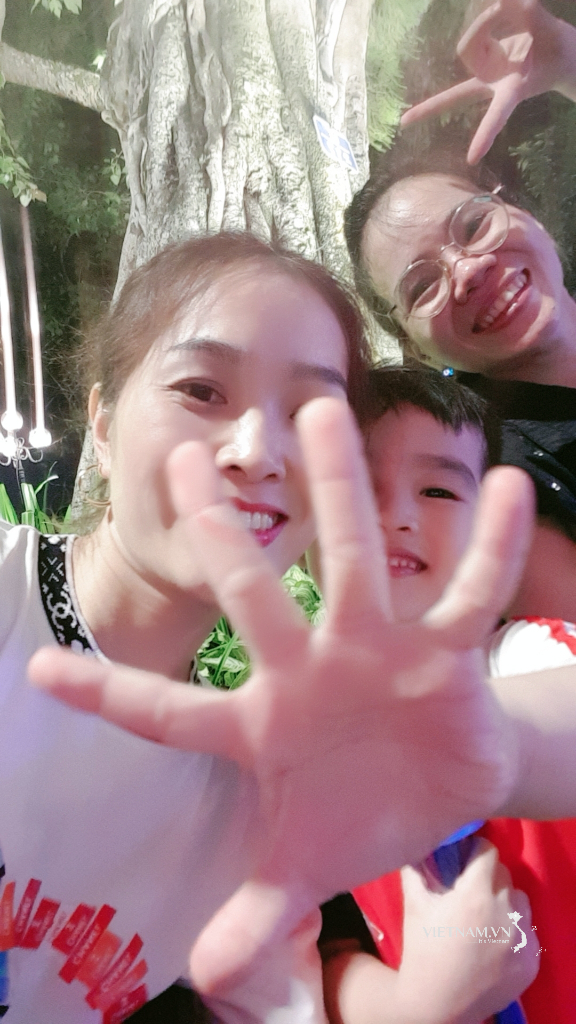Founded in 1985, RSF, whose full French name is “Reporters sans frontières,” has its international headquarters in Paris. It is a global non-governmental organization that bases its actions on Article 19 of the Universal Declaration of Human Rights of the United Nations, with the stated purpose of protecting press freedom worldwide , combating censorship, and exerting pressure to assist detained journalists.
Looking at its stated purpose, many believe that RSF is a legitimate organization working for the advancement of "press freedom," promoting freedom and civilization in the world. However, contrary to the United Nations' principles and its stated mission, this organization has consistently spread false and distorted narratives about press freedom and freedom of speech in several countries, including Vietnam. RSF also uses flattering language to openly defend individuals who, under the guise of journalism, commit crimes and have been prosecuted, such as Pham Doan Trang, Pham Chi Dung, Nguyen Lan Thang, and Le Trong Hung. RSF labels them "independent journalists" to politicize and internationalize the issue of press freedom in Vietnam, seeking to undermine its reputation and call for international intervention in Vietnam's internal affairs.
Claiming to protect the world's press through scientific methods, RSF has yet to provide a definition of "independent journalist" or clarify the specific meaning of "freedom of the press" to support its judgments. Furthermore, with an approach not based on common understanding, RSF's assessment of press freedom is like "blind men describing an elephant," always generalizing, lacking objectivity, and lacking transparency.
Returning to the issue mentioned above, RSF's use of the pretext of protecting press freedom worldwide, fighting censorship, and pressuring and assisting detained journalists to call for the release of dissidents and criminal offenders is a grave mistake and demonstrates a lack of respect for the integrity of the laws of the Socialist Republic of Vietnam. "Every nation has its laws, every family has its rules." Pham Doan Trang, Pham Chi Dung, Nguyen Lan Thang, Le Trong Hung, or anyone else living in Vietnam must abide by Vietnamese law. Therefore, they cannot use the title of "freelance journalist" to act outside the current law; they cannot exploit their democratic freedoms and freedom of the press to write and disseminate false and harmful information, or produce and release publications aimed at propagating against the Vietnamese Party and State.
The arrest and prosecution of these individuals by the prosecuting authorities are based on clear and convincing evidence, and the judgments must be based on the relevant laws and charges. Given their actions and the consequences they caused, the sentences handed down by the court are based on objective and thorough assessments of evidence, including aggravating and mitigating circumstances. It is important to understand that the trial and sentencing of defendants is a necessary measure by the prosecuting authorities because these individuals commit crimes relentlessly, disregarding repeated attempts at education, persuasion, and administrative action by authorities, and continue to re-offend, even becoming increasingly dangerous and violent. Therefore, it must be reiterated that there is no such thing as Vietnam arbitrarily detaining journalists as RSF alleges.
In particular, it has been observed that after these individuals are prosecuted, social media users avoid the harmful and false information that these individuals previously produced, shared, and disseminated, causing online "storms." "Cutting off" the source of false and harmful information from the personal pages of these subversive individuals has contributed to truly "cleaning" the information landscape, reducing articles that distort facts, defame, infringe upon democratic freedoms, and violate the interests of the State, organizations, and citizens. It also prevents the spread of blindly following false information and extremist subversive activities.
Furthermore, the call for the release of individuals posing as journalists to undermine the Vietnamese Party and State demonstrates a symbiotic relationship between RSF and these individuals. In reality, RSF's ranking of press freedom and its criticism of Vietnam often relies on information provided by reactionary and hostile organizations and individuals, political opportunists, and those involved in criminal activities and violations of Vietnamese law. The arrest and prosecution of these individuals by authorities effectively "trimmed" RSF's tentacles, diminishing its value and consequently depleting its sources of misinformation.
In particular, because RSF blindly defends dissidents disguised as journalists, they consistently ignore the harsh reality of press freedom in Vietnam. The achievements that objectively reflect the state of freedom of speech and press in Vietnam, recognized by reputable countries and international organizations, are consistently ignored by RSF and other biased organizations. According to the Ministry of Information and Communications, as of December 2023, the country had 127 newspapers, 671 magazines (including 319 scientific magazines and 72 literary and artistic magazines), and 72 radio and television stations.
There are approximately 41,000 people working in the field of journalism, of which about 16,500 are in radio and television. The total number of people granted journalist cards for the 2021-2025 term as of December 2023 was 20,508, of which 7,587 had a university degree or higher in journalism. Media organizations are divided into four groups: 1) Local media (including newspapers and magazines belonging to provinces and cities, and magazines belonging to local literary and artistic associations): 143 units; 2) Central media (Party, ministries, ministerial-level agencies, government agencies, political and social organizations, central associations, agencies belonging to corporations and general companies, publishing houses): 347 units; 3) Broadcasting sector (including radio (spoken news) and television (video news) agencies): 72 units; 4) Scientific journal sector: 320 units.
Vietnamese journalism has truly become a forum for public discourse and a tool for protecting the freedom and interests of all segments of the population. Every citizen, regardless of age, gender, ethnicity, or religion, has the right to express their opinions, aspirations, and contribute ideas to Party committees and government authorities through the press. By closely monitoring and promptly reporting on key events and issues, and clearly guiding public opinion, the press has effectively fulfilled its role of critical analysis, yielding tangible social results. This is an objective reality regarding the state of press freedom in Vietnam, refuting the distorted claims of RSF that press freedom in Vietnam is deteriorating.
Of the 36 individuals identified by RSF as opposing the press, some were former journalists who had their press credentials revoked due to illegal activities, rendering them unfit for journalistic work. Many others were not journalists but individuals exploiting digital platforms to write articles and produce video clips distorting the truth on social media. Therefore, equating these cases with "arresting journalists" or "suppressing the press" is contrary to the true nature of the events. RSF's inaccurate and dishonest portrayal of press freedom and its endorsement of these opposing individuals is irrelevant and completely worthless in any respect.
Source
















































































![[Photo] The rapeseed flower season heralds the arrival of spring on the summit of Suoi Giang.](https://vphoto.vietnam.vn/thumb/402x226/vietnam/resource/IMAGE/2026/02/12/1770911320984_baolaocai-br_chuyen-muc00-00-38-10still068-jpg.webp)

















Comment (0)